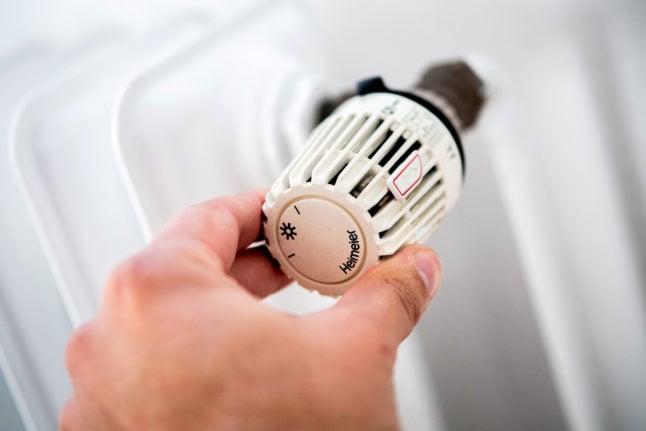The analysis, completed by newspaper Le Matin Dimanche, compared the tax paid by families at different income brackets.
The newspaper found that Zug had the best tax regime for families in various income brackets of all of Switzerland’s 26 cantons.
Zug is home to several large international companies and has a significant population of foreign workers.
Zug reduced its tax levels during the coronavirus pandemic.
READ: Switzerland’s strangest taxes – and what happens if you don’t pay them
CHF60,000
The first comparison was a married couple with two children on an income of CHF60,000 in cantons across Switzerland.
The family would pay zero income tax in Zug, as well as in Geneva.
Conversely, the family would pay CHF1,562 in Bern.
READ: This Swiss canton is about to become the world’s top tax haven
CHF125,000
A couple on the higher income of CHF125,000 with no children would pay CHF5,451 in taxes in Zug.
In Geneva, this amount would be three times higher – and four times higher in Neuchâtel.
In particular, the report notes how several French-speaking cantons levy large tax obligations on high earners.
In particular, Geneva, Lausanne and Neuchâtel have higher tax rates.



 Please whitelist us to continue reading.
Please whitelist us to continue reading.
Member comments